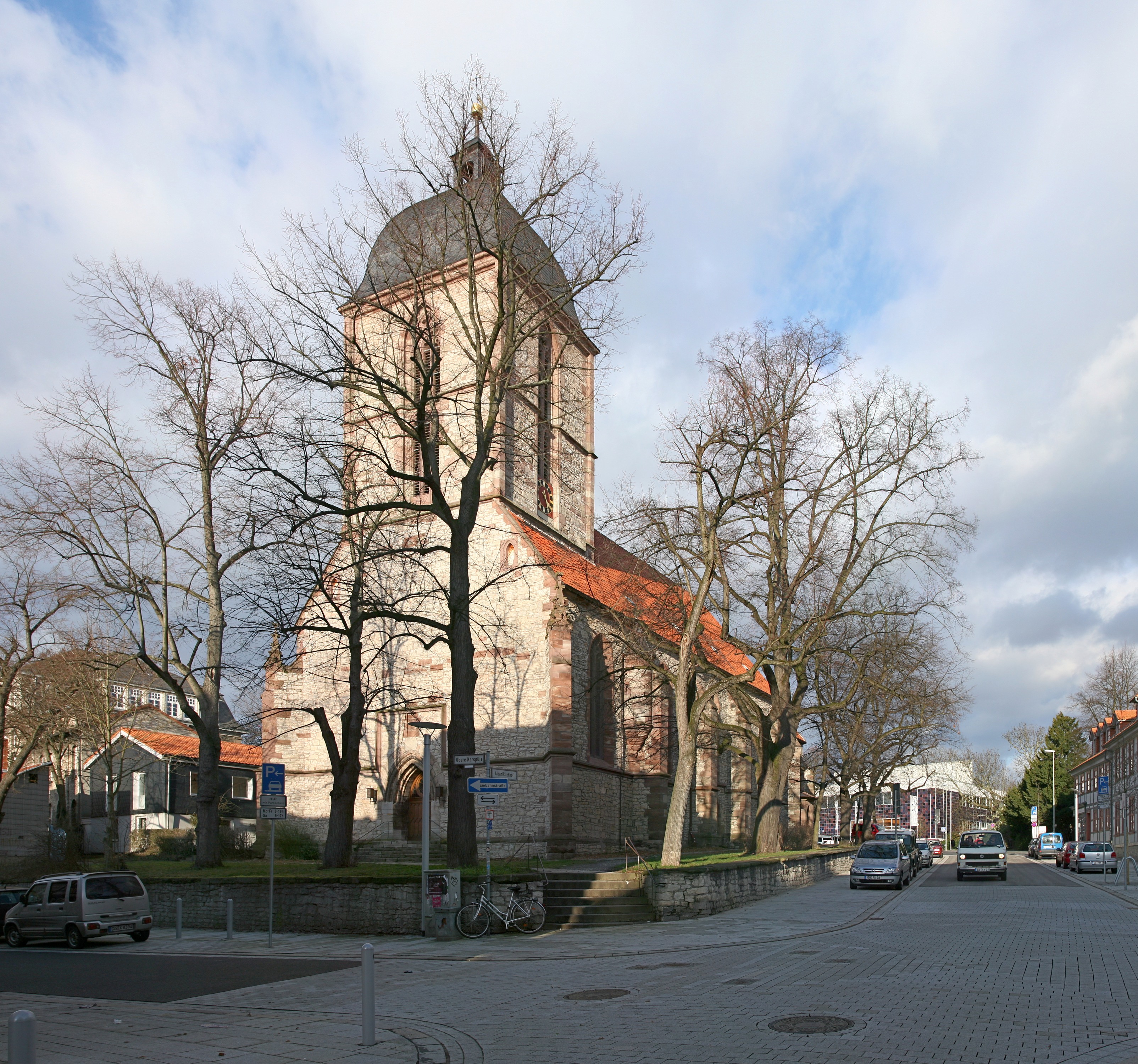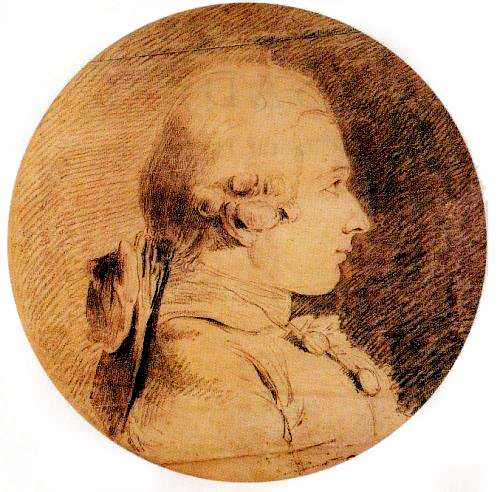|
Sidonia Hedwig Zäunemann
Sidonia Hedwig Zäunemann (15 January 1711 – 11 December 1740), known as die Zäunemännin, was a German poet. Zäunemann was inspired by the example of Christiana Mariana von Ziegler. She became Poet Laureate of Göttingen at the age of twenty-four.BOHM, ARND. “The Transgressions of Sidonia Hedwig Zäunemann.” Colloquia Germanica, vol. 33, no. 1, 2000, pp. 21–41. JSTOR, http://www.jstor.org/stable/23982181. Accessed 19 May 2025. Selected works * ''Das Ilmenauische Bergwerk ...'' (The Mine at Ilmenau) (1737) Further reading * ''Bloomsbury Guide to Women's Literature'' References External links * * 1711 births 1740 deaths Writers from Erfurt People from the Electorate of Mainz German women poets University of Göttingen alumni 18th-century German women writers {{Germany-poet-stub ... [...More Info...] [...Related Items...] OR: [Wikipedia] [Google] [Baidu] |
Poet
A poet is a person who studies and creates poetry. Poets may describe themselves as such or be described as such by others. A poet may simply be the creator (thought, thinker, songwriter, writer, or author) who creates (composes) poems (oral tradition, oral or literature, written), or they may also performance, perform their art to an audience. The work of a poet is essentially one of communication, expressing ideas either in a literal sense (such as communicating about a specific event or place) or metaphorically. Poets have existed since prehistory, in nearly all languages, and have produced works that vary greatly in different cultures and periods. Throughout each civilization and language, poets have used various styles that have changed over time, resulting in countless poets as diverse as the literature that (since the advent of writing systems) they have produced. History Ancient poets The civilization of Sumer figures prominently in the history of early poetry, a ... [...More Info...] [...Related Items...] OR: [Wikipedia] [Google] [Baidu] |
Christiana Mariana Von Ziegler
Christiana Mariana von Ziegler (28 June 1695 – 1 May 1760) was a German poet and writer. She is best known for the texts of nine cantatas, which Johann Sebastian Bach composed after Easter in 1725. Biography Christiana Mariana Romanus was born in Leipzig, where her father served as mayor in 1701. She began her literary career after the death of her second husband, Captain von Ziegler in 1722. She returned to Leipzig, where she lived in the family home, the Romanushaus, with her mother. Her father Franz Conrad Romanus (1671–1746) had received a long-term prison sentence for financial irregularities. Despite the difficult family circumstances, the house became a literary and musical salon. Johann Christoph Gottsched encouraged her poetic activity. She became the first woman member of Gottsched's literary society, the ''Deutsche Gesellschaft''. In 1741 she married for the third time and her literary activity ceased. She died on 1 May 1760 in Frankfurt an der Oder, Germany. Li ... [...More Info...] [...Related Items...] OR: [Wikipedia] [Google] [Baidu] |
Göttingen
Göttingen (, ; ; ) is a college town, university city in Lower Saxony, central Germany, the Capital (political), capital of Göttingen (district), the eponymous district. The River Leine runs through it. According to the 2022 German census, the population of Göttingen was 124,548. Overview The origins of Göttingen lay in a village called ''Gutingi, ''first mentioned in a document in 953 AD. The city was founded northwest of this village, between 1150 and 1200 AD, and adopted its name. In Middle Ages, medieval times the city was a member of the Hanseatic League and hence a wealthy town. Today, Göttingen is famous for its old university (''Georgia Augusta'', or University of Göttingen, "Georg-August-Universität"), which was founded in 1734 (first classes in 1737) and became the most visited university of Europe. In 1837, seven professors protested against the absolute sovereignty of the House of Hanover, kings of Kingdom of Hanover, Hanover; they lost their positions, but ... [...More Info...] [...Related Items...] OR: [Wikipedia] [Google] [Baidu] |
1711 Births
In the Swedish calendar it was a common year starting on Sunday, one day ahead of the Julian and ten days behind the Gregorian calendar. Events January–March * January – Cary's Rebellion: The Lords Proprietor appoint Edward Hyde to replace Thomas Cary, as the governor of the North Carolina portion of the Province of Carolina. Hyde's policies are deemed hostile to Quaker interests, leading former governor Cary and his Quaker allies to take up arms against the province. * January 24 – The first performance of Francesco Gasparini's most famous opera '' Tamerlano'' takes place at the Teatro San Cassiano in Venice. * February – French settlers at '' Fort Louis de la Mobile'' celebrate Mardi Gras in Mobile (Alabama), by parading a large papier-mache ox head on a cart (the first Mardi Gras parade in America). * February 3 – A total lunar eclipse occurs, at 12:31 UT. * February 24 ** Thomas Cary, after declaring himself Governor of North ... [...More Info...] [...Related Items...] OR: [Wikipedia] [Google] [Baidu] |
1740 Deaths
Events January–March * January 8 – All 237 crewmen on the Dutch East India Company ship ''Rooswijk'' are drowned when the vessel strikes the shoals of Goodwin Sands, off of the coast of England, as it is beginning its second voyage to the Indies. The wreckage is discovered more than 250 years later, in 2004. * February 20 – The North Carolina General Assembly incorporates the town of Newton as Wilmington, North Carolina, Wilmington, Royal Colony of North Carolina, North Carolina, named for Spencer Compton, 1st Earl of Wilmington and patron of Royal Governor Gabriel Johnston. * March 16 – Edward I (Moskito), King Edward of the Miskito Indians signs a treaty making his kingdom, located on the coast of modern-day Nicaragua, a protectorate of Great Britain. * March 25 – Construction begins on Bethesda Orphanage for boys near Savannah, Georgia, founded by George Whitefield. April–June * April 8 – War of the Austrian Succession: The ... [...More Info...] [...Related Items...] OR: [Wikipedia] [Google] [Baidu] |
Writers From Erfurt
A writer is a person who uses writing, written words in different writing styles, List of writing genres, genres and techniques to communicate ideas, to inspire feelings and emotions, or to entertain. Writers may develop different forms of writing such as novels, Short story, short stories, monographs, Travel literature, travelogues, Play (theatre), plays, screenplays, teleplays, songs, and essays as well as reports, educational material, and Article (publishing), news articles that may be of interest to the Public, general public. Writers' works are nowadays published across a wide range of Mass media, media. Skilled writers who are able to use language to express ideas well, often contribute significantly to the Culture, cultural content of a society. The term "writer" is also used elsewhere in the arts and music, such as songwriter or a screenwriter, but also a stand-alone "writer" typically refers to the creation of written language. Some writers work from an oral tradition ... [...More Info...] [...Related Items...] OR: [Wikipedia] [Google] [Baidu] |
People From The Electorate Of Mainz
The term "the people" refers to the public or Common people, common mass of people of a polity. As such it is a concept of human rights law, international law as well as constitutional law, particularly used for claims of popular sovereignty. In contrast, a people is any plurality of Person, persons considered as a whole. Used in politics and law, the term "a people" refers to the collective or community of an ethnic group or nation. Concepts Legal Chapter One, Article One of the Charter of the United Nations states that "peoples" have the right to self-determination. Though the mere status as peoples and the right to self-determination, as for example in the case of Declaration on the Rights of Indigenous Peoples, Indigenous peoples (''peoples'', as in all groups of indigenous people, not merely all indigenous persons as in ''indigenous people''), does not automatically provide for independence, independent sovereignty and therefore secession. Indeed, judge Ivor Jennings i ... [...More Info...] [...Related Items...] OR: [Wikipedia] [Google] [Baidu] |
German Women Poets
German(s) may refer to: * Germany, the country of the Germans and German things **Germania (Roman era) * Germans, citizens of Germany, people of German ancestry, or native speakers of the German language ** For citizenship in Germany, see also German nationality law **Germanic peoples (Roman era) * German diaspora * German language * German cuisine, traditional foods of Germany People * German (given name) * German (surname) * Germán, a Spanish name Places * German (parish), Isle of Man * German, Albania, or Gërmej * German, Bulgaria * German, Iran * German, North Macedonia * German, New York, U.S. * Agios Germanos, Greece Other uses * German (mythology), a South Slavic mythological being * Germans (band), a Canadian rock band * "German" (song), a 2019 song by No Money Enterprise * ''The German'', a 2008 short film * "The Germans", an episode of ''Fawlty Towers'' * ''The German'', a nickname for Congolese rebel André Kisase Ngandu See also * Germanic (disa ... [...More Info...] [...Related Items...] OR: [Wikipedia] [Google] [Baidu] |
University Of Göttingen Alumni
A university () is an educational institution, institution of tertiary education and research which awards academic degrees in several Discipline (academia), academic disciplines. ''University'' is derived from the Latin phrase , which roughly means "community of teachers and scholars". Universities typically offer both undergraduate education, undergraduate and postgraduate education, postgraduate programs. The first universities in Europe were established by Catholic Church, Catholic monks. The University of Bologna (), Italy, which was founded in 1088, is the first university in the sense of: *being a high degree-awarding institute. *using the word (which was coined at its foundation). *having independence from the ecclesiastic schools and issuing secular as well as non-secular degrees (with teaching conducted by both clergy and non-clergy): grammar, rhetoric, logic, theology, canon law and notarial law.Hunt Janin: "The university in medieval life, 1179–1499", McFarland, 2 ... [...More Info...] [...Related Items...] OR: [Wikipedia] [Google] [Baidu] |





